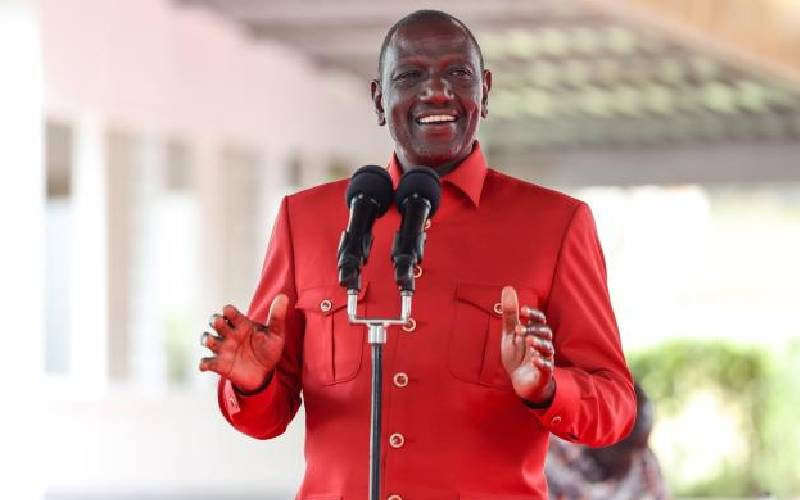×
The Standard e-Paper
Stay Informed, Even Offline

Why is President William Ruto still wrong about attacking the judges? After the meeting with the Chief Justice, he repeated his attack on the judges; then upcountry the next day, he repeated the attack. And then his deputy repeated the attack.